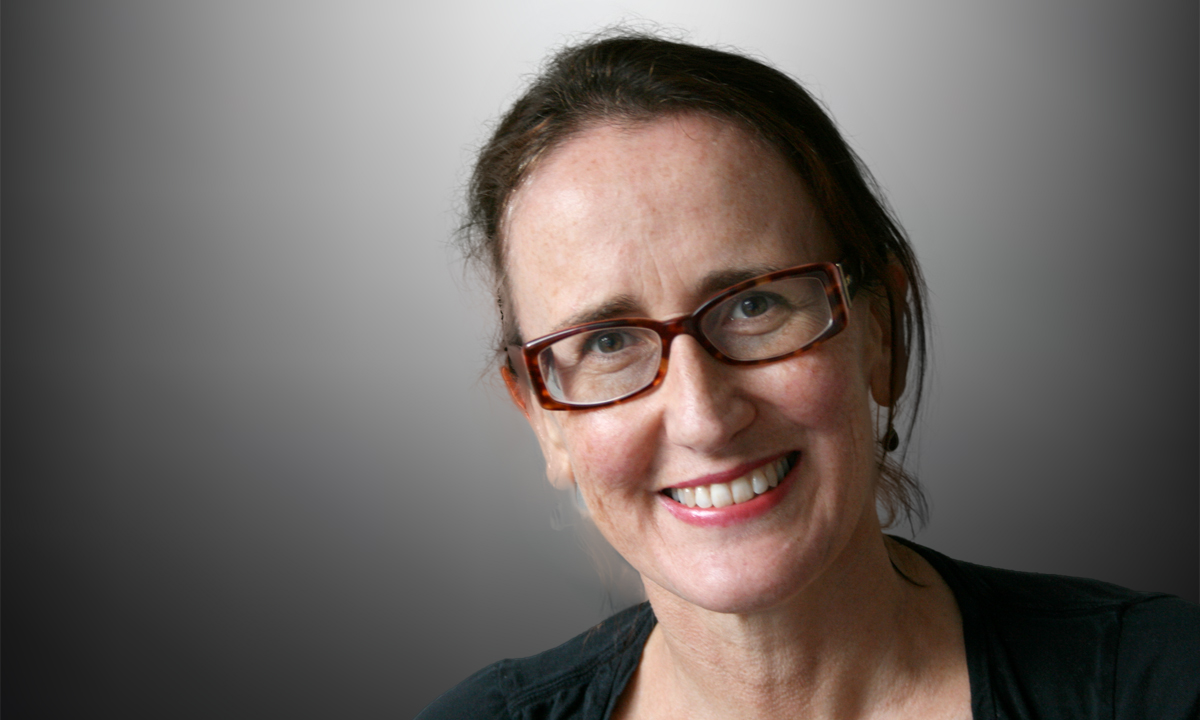A FRIEND told me a while back that she’d read an article linking broccoli consumption to cancer.
“I give up,” she said, throwing her arms in the air.
I haven’t been able to track down the research into the deadly effects of cruciferous vegetables, but my friend’s reaction does tell us something about the risks associated with unsubstantiated or exaggerated claims of harm.
If even leafy greens are going to kill us, we might as well go ahead and binge on the fatty, sugary delicacies offered by our local fast food outlet, right?
I found myself thinking about this after a Californian judge ruled in May that coffee providers in the state must warn customers about cancer risk.
We’re talking about my favourite addictive substance here, so I can’t help but apply my sceptical mind to the ruling.
The cause of the judicial concern about the safety of coffee is a chemical called acrylamide, a naturally occurring substance produced when coffee beans (or carbohydrates such as bread) are heated at high temperatures.
Acrylamide has, since 1990, been on California’s list of chemicals “known to the state to cause cancer or reproductive toxicity” – the so-called Proposition 65 list, after the citizen-initiated legislation that led to its establishment in the 1980s.
Businesses are required to warn consumers about potentially unsafe levels of any of the 1000-plus chemicals on the list, making the standard Proposition 65 notice a common sight in California:
WARNING: This product contains chemicals known to the State of California to cause cancer and birth defects or other reproductive harm.
Sounds scary, but what impact does it have? Not much, according to an editorial in the Los Angeles Times.
“Proposition 65 warnings have become such a common sight in the Golden State – in parking lots, hotels, office buildings, amusement parks and gas stations, to name a few places – that they’re not so attention-grabbing any more,” the editorial says.
The perfectly commendable idea behind the law was to protect consumers from toxic chemicals, while encouraging businesses to reduce or eliminate them, although there’s little in the way of evidence about its effectiveness on that front.
What Proposition 65 has undeniably achieved, though, is the creation of a new revenue stream for the state’s lawyers.
The proliferation of lawsuits related to businesses’ failure to warn has led to the posting of “prophylactic warnings regardless of the severity of the risk”, according to the Los Angeles Times. There is, after all, no penalty for posting an unnecessary warning, especially if people have stopped paying attention to them.
The impending addition of cancer warnings to Californians’ morning cup of coffee probably won’t have much impact on caffeine consumption in the state, but it may further undermine confidence in science and evidence.
Because here’s the rub: acrylamide may be “known to the State of California to cause cancer” but it really isn’t known to do so to anybody much else.
After reviewing the evidence, the World Health Organization in 2016 removed coffee from its list of possible carcinogens, stating “there is no conclusive evidence for a carcinogenic effect of drinking coffee”.
A team of scientists reviewed more than 1000 observational and experimental studies to reach the conclusion that coffee could not be shown to cause any cancer and might even be protective in some (uterine and liver cancers).
They did, however, raise one concern. Drinking your coffee, or any other beverage, very hot (above 65°C) probably did increase risk of oesophageal cancer. Where are the warnings about that?
Everything is toxic if you raise the dose high enough, even water, but acrylamide does not seem to have earned its place on California’s most wanted list. I’m certainly not planning to give up my morning cup of coffee.
When governments fail to give reliable, evidence-based advice about risk, they leave the public adrift in a sea of misinformation with no compass or map.
The real threats to health are obscured amid proliferating warnings about substances that are unlikely to pose any serious danger.
If everything is dangerous, you might as well, as my friend put it, “give up”.
Jane McCredie is a science and health writer and editor, based in Sydney.
To find a doctor, or a job, to use GP Desktop and Doctors Health, book and track your CPD, and buy textbooks and guidelines, visit doctorportal.

 more_vert
more_vert
i remember when a paper suggesting coffee causes cancer was published in a reputable international journal back in the 1980s–but, when the paper was later analysed it was worked out that the researchers had neglected to take into account that many coffee drinkers were also smokers ( at the time) and when the smokers were taken out, there was no association between coffee and various cancers. This was a rookie error, and the paper should never have been published, but it caused a lot of concern at the time. There is a bit of a conflict of interest amongst both researchers and journals, in that they want to get publicity for their work, and must be tempted to take short cuts to achieve it. But mistakes like this undermine public confidence.
Joe Jackson sang it in 1982 “Everything causes cancer”. Even more so today. The broccoli article may have been parody but the coffee issue is not. Public health has become the boy who called wolf.
Was this the article?
https://www.thinkingnutrition.com.au/broccoli-bad-for-you/
‘Don’t believe the headline – broccoli is one of the healthiest foods you can eat. But as a case-study into how we can become needlessly fearful of eating many foods, I will show how by selectively citing some scientific research and blowing it all out of context, you can build a case for any food being ‘toxic’. Even wholesome broccoli. Yes, broccoli is bad for you.”
It is actually a parody of creating fear of a food brilliantly written by Accredited Practising Dietitian Prof Tim Crowe to highlight the point that you are making.